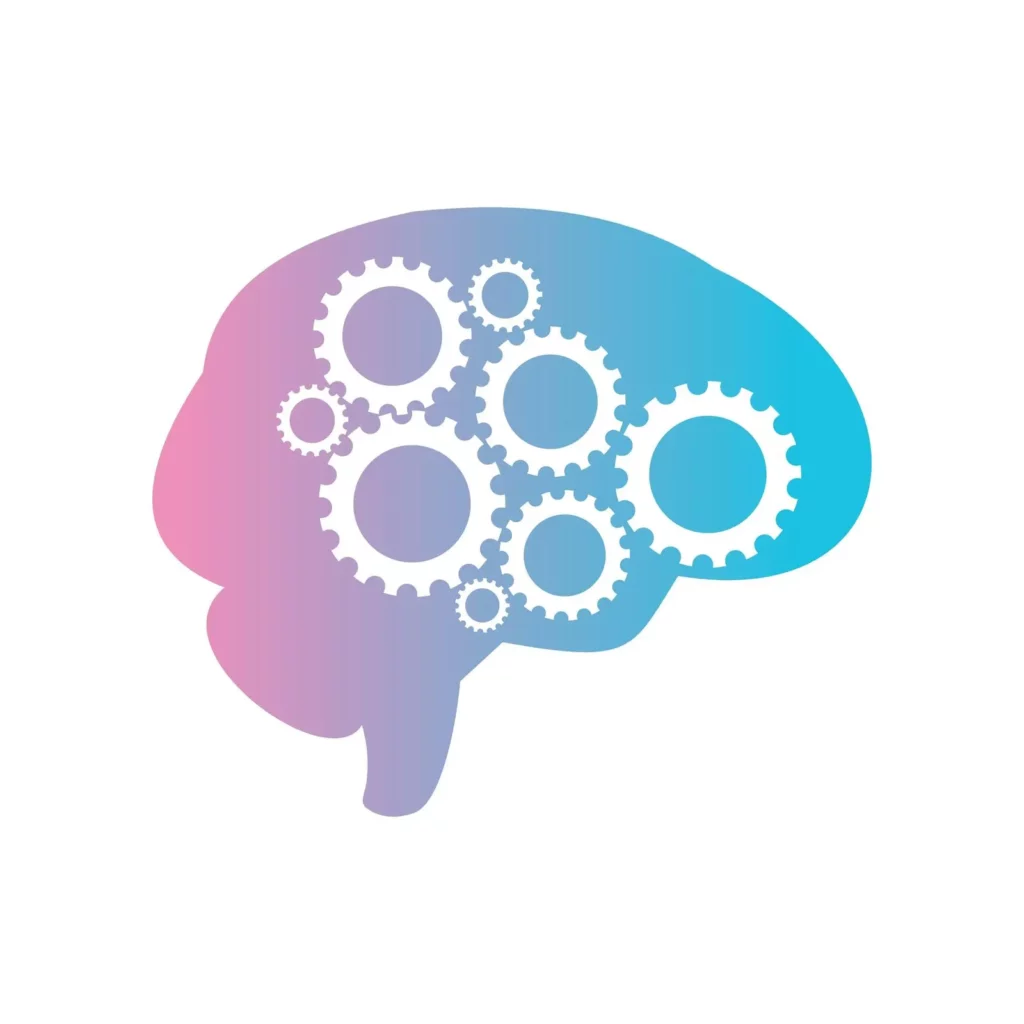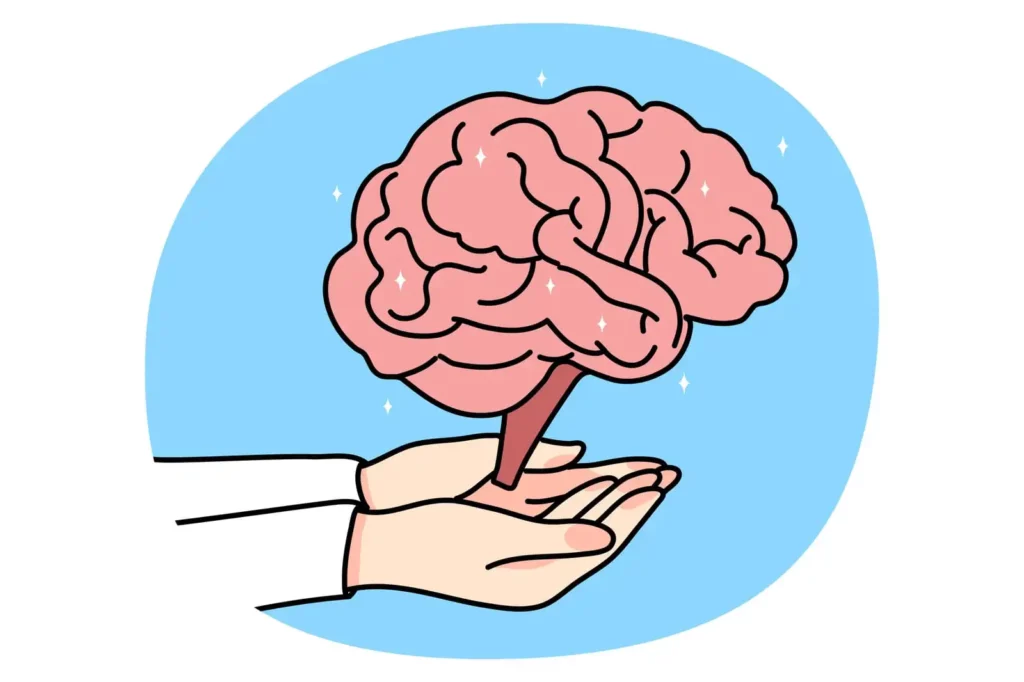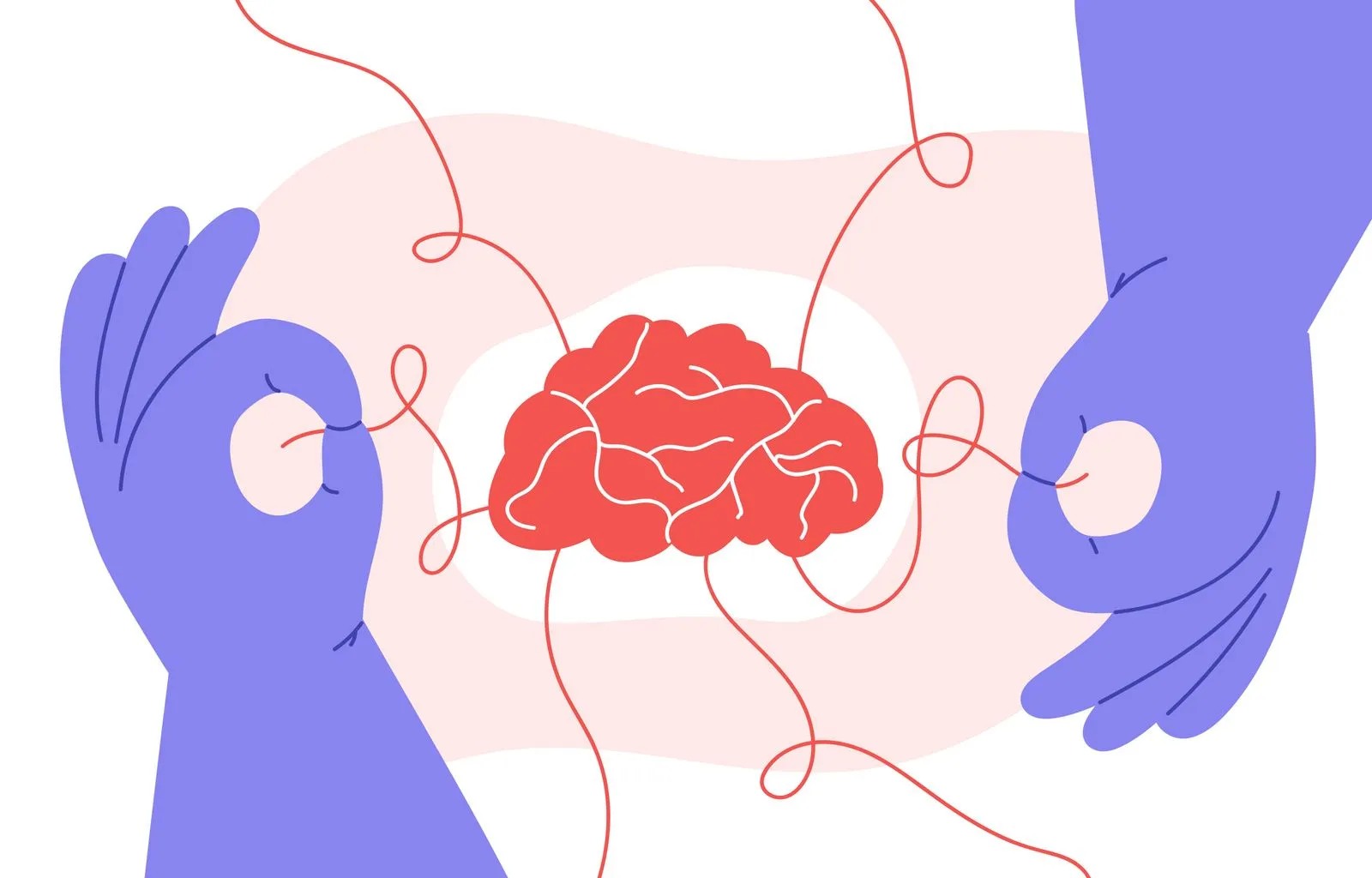This article will address questions like “How long does TMS treatment last” giving a more comprehensive understanding of the duration and effect of TMS treatment. This will help you make an informed decision and set realistic expectations regarding your TMS therapy’s potential benefits and maintenance.

TMS therapy, or transcranial magnetic stimulation, is a new form of FDA-approved treatment for several conditions. It uses the naturally occurring electric field in the brain to send magnetic impulses into the brain and connect with deeper neurons. This deep penetration can stimulate neurons that might not be functioning properly.
TMS can be used effectively on:
- Depression
- Anxiety
- OCD
- Trauma
- Addiction
Breaking down TMS therapy duration
Several factors can influence the length of individual sessions and overall treatment, including:
- What condition are you trying to treat
- How severe your symptoms are
- Whether you are seeking treatment for co-occurring disorders like depression and anxiety
- What other treatment or therapy are you receiving
- Your treatment goals
When you work with a professional clinic, much the same as any other form of therapy, you can decide on what your goals are, have an assessment of the severity of your condition, and start a personalized treatment program that involves customized requirements for the number of sessions you receive in total, how long the sessions last, and how often you receive your sessions.
How long does TMS treatment last each session?
Sessions for TMS therapy can range in time but are usually relatively short, between 20 minutes and 30 minutes. This is highly individualized, and you might prefer shorter than longer sessions or vice versa.
Given that the sessions are outpatient and don’t require any sedation or invasive procedures, you can work them into your schedule anytime you have an opening, and you don’t have to worry about finding a ride, getting over the effects of anesthesia, or otherwise interrupting your day.
TMS therapy: how long does it last before I am done?
One of the biggest questions people have is, “How long does TMS therapy last” because they want to know how quickly they can get results.
While the individual sessions for TMS therapy are relatively short, in most cases, you must complete several sessions before seeing any changes. For things like anxiety and depression, you’ll likely need to complete at least five sessions before you start to see changes.
But starting to see changes is not the same as achieving the desired results. Much like with individual or group therapy, it can take several weeks or months to achieve actionable goals in managing your mental health condition.
- It’s common to receive between 30 and 40 sessions to treat mental health conditions like depression or anxiety.
- You might start with several sessions per week and taper as you progress.
- You’ll work with the professionals at your clinical facility and any other mental health professionals from whom you receive treatment to decide whether a given treatment plan has been sufficient or whether you want to continue.
How does the severity of the condition impact the length of treatment?
With certain mental health conditions, the cause can be linked to improper blood flow in certain regions of the brain or poor neural connectivity. TMS therapy can be used to stimulate those areas and help encourage blood flow and better connection, which by extension, helps the brain perform more effectively and reduce symptoms of certain mental health conditions.
If you have a more severe condition, you might wonder, “How long does TMS last.” The length of your treatment program will likely be extended because you will need more stimulation to target all of the regions contributing to the severity of your symptoms.
How long does TMS last if you are using other treatments?
Many conditions like depression and anxiety have several causes or contributing factors. Poor brain function might be one of them, in which case TMS can be highly effective at encouraging changes, but in other cases, it might be a combination of things like genetics or environment as well as poor brain function.
If you combine TMS therapy with other treatments like psychotherapy, holistic care, or medication, you might be able to shorten the length of your treatment program because you’ll target several contributing factors simultaneously and not just rely on TMS to improve one of several factors.
Does the effectiveness of TMS therapy change over prolonged sessions?
Studies have determined that patients who receive prolonged sessions of TMS therapy continue to benefit from it without changes to effectiveness over time.

What’s the role of the patient’s response in determining the duration of TMS treatment?
There are several factors that can influence the outcome of TMS treatment, and one of them is your response to the treatment. As mentioned, there can be several factors that contribute to or exacerbate a mental health condition.
If your condition is not related to poor brain function and is simply because of your environment or genetics, you might not respond as effectively to treatment, but this is something that can be monitored at a professional level, and adaptations can be made based on your response.
How long do the benefits of TMS last post-treatment?
TMS sessions can provide relief usually for up to one year. In some cases, the results can last longer, but this is based on what other treatments you are receiving concurrently, how severe your condition is, and what condition you are treating.
Summing Up
If you have asked “TMS therapy how long does it last,” you are not alone. Anyone considering a new form of treatment wants to know how long the effects will last. Understanding the time commitment behind TMS therapy will help you set realistic expectations for any changes you hope to make.
If you are considering TMS therapy, it’s best to seek professional advice to determine how many sessions you might need for your situation, what your treatment goals are, and how TMS therapy can complement any other form of treatment you might be receiving, including psychotherapy, medication, and holistic care.
